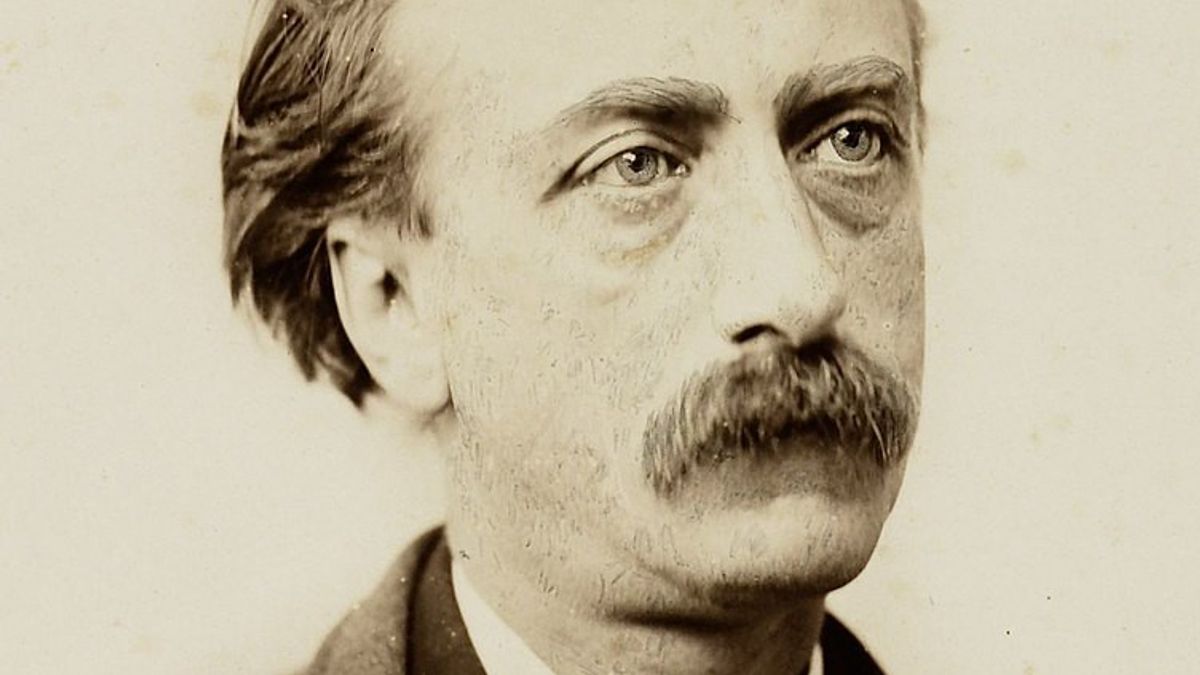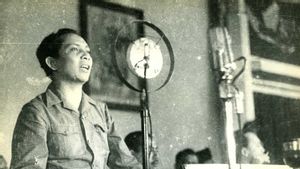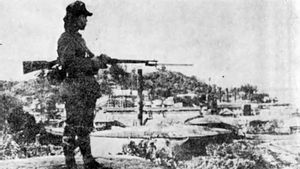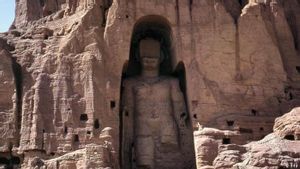JAKARTA - Today 202 years ago, or to be precise March 2, 1820, Eduard Douwes Dekker was born. The man who is familiarly known as Multatuli is a big figure for the Indonesian nation. His phenomenal work is Max Havelaar, a novel written in 1860.
The novel inspired many people. From Kartini to Soekarno. They saw Eduard as a martyr of the struggle. In a sense, he is a figure who dares to expose the cruelty of colonialism in Nusantara.
Eduard Douwes Dekker was born into a wealthy family. He who was born in Amsterdam can get a higher education. However, Eduard did not have time to finish his education in college. Eduard's boredom is the root of the problem.

Eduard's achievements are getting worse day by day. His father also understood that his son did not like the academic stage. By him, Eduard was introduced to the world of work. He was placed in a trading office.
His father's choice was not wrong. Eduard enjoyed working in the trading office. Even since he was 18 years old, Eduard had accompanied his father to sail to the Dutch East Indies in 1839. Eduard's career skyrocketed.
He started a new career as a clerk at Algemen Rekenkamer (State Financial Supervisory Board). Soon he was promoted to the rank. He has experienced all kinds of assignments as a government employee. From Sumatra to Ambon. His most distinguished career was when he was appointed an assistant resident in Rangkasbitung, Lebak in January 1856.
“Dekker alias Multatuli came to Rangkasbitung, Lebak, Banten at the end of January 1856. He got the position as assistant resident thanks to E. de Waal's special lobbying to the Governor General of the Dutch East Indies Duymaer van Twist. De Waal—later minister for colonial regional affairs—was a close relative of Everdine Huberte Baronesse van Wijnbergen, Dekker's wife.”
“Before going to Rangkasbitung, Lebak, Dekker had been crisscrossed in various assignments as a security guard in West Sumatra, Karawang, Bagelen, Manado, and Ambon. The assignment to Rangkasbitung was a new experience for Dekker. Lebak, like several other areas in Banten, is a minus area that has become fertile ground for rebellions to grow. There were at least two major uprisings that occurred in the 19th century: the Haji Wakhia rebellion (1850) and the Banten peasant uprising (1888),” said historian Bonnie Trayana in an article for Tempo Magazine entitled Madu Dan Racun Di Rangkasbitung (2010).

This position actually opened Eduard's eyes a lot regarding the bad impact of colonialism in Lebak. Reality shows how local businessmen extort the people. While many Dutch officials turned a blind eye to the suffering of the natives. Especially with the introduction of the forced cultivation system. The Dutch are rich, while the natives are made like cash cows.
Later when he retired in 1858, he wrote about all kinds of people's suffering in the novel Max Havelaar. The novel was published in 1860. Europeans were also hunting for his work. They also understood that Dutch colonialism was so cruel. Even his writings, which are predicted to kill colonialism, have inspired many national figures to become independent. Soekarno, one of them.
"Even the first President of the Republic of Indonesia, Bung Karno, in his speeches often cited words or parts of Multatuli's writings," concluded Moechtar in the book Multatuli: Pengarang Besar, Pembela Rakyat Kecil, Pencari Keadilan dan Kebenaran (2005).
SEE ALSO:
The English, Chinese, Japanese, Arabic, and French versions are automatically generated by the AI. So there may still be inaccuracies in translating, please always see Indonesian as our main language. (system supported by DigitalSiber.id)


















